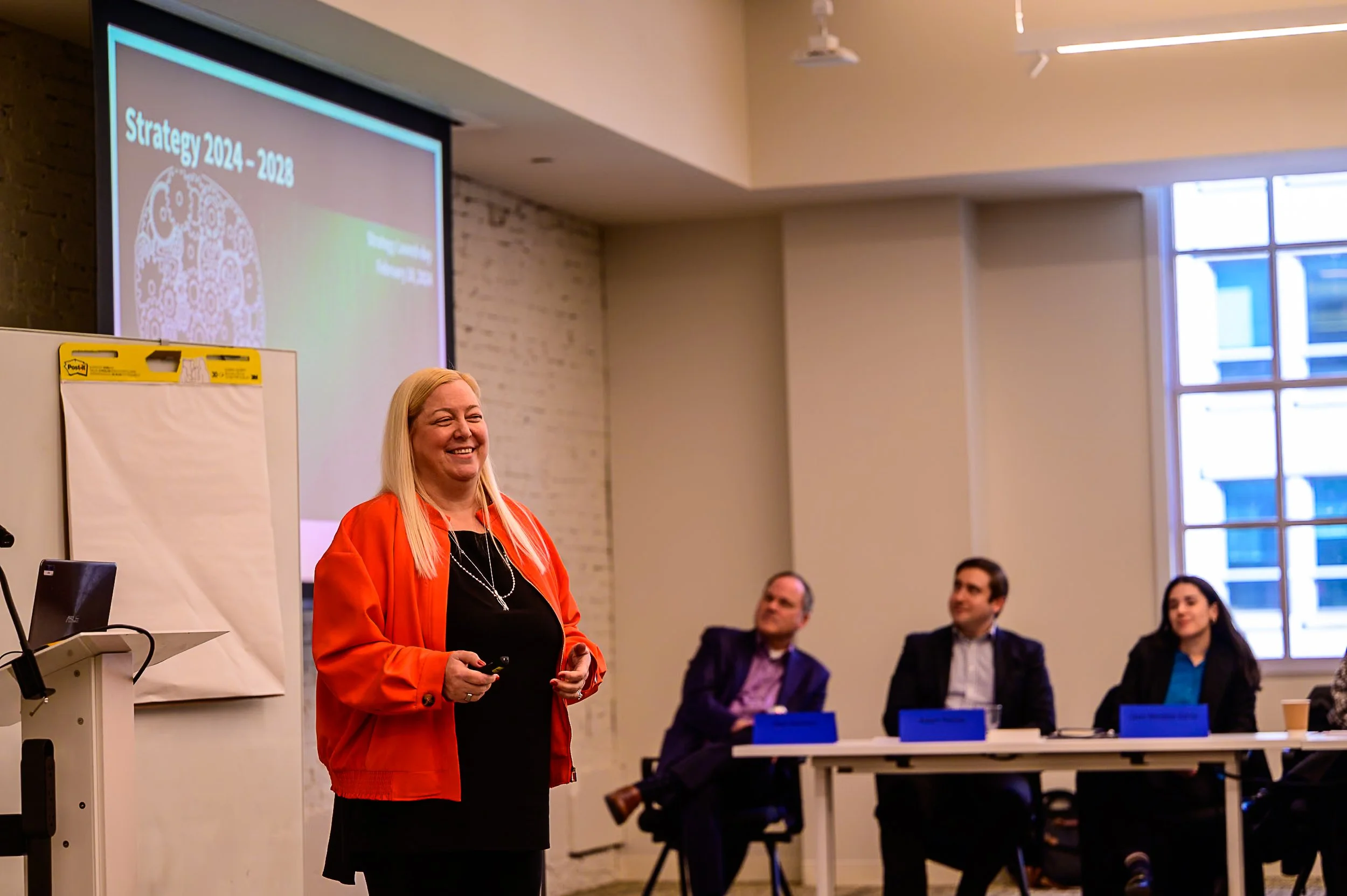
Analyzing Data With Philosophy and Anthropology in Mind
Using data analytics to identify traits of a target can reveal their past, current, and future actions based on their social and locational patterns. Philosophic thinking is empathetic and helps to understand the motives of a person and the impact of outside factors on a target. Anthropologic thinking focuses on geographical factors. These include linguistic, religious, cultural, and environmental stability or instability that shape the way a person develops and reacts to their circumstances. Philosophy explores the way an individual thinks, while anthropology focuses on the impact an individual’s surroundings have on him or her. Both apply to analyzing data for homeland security.
Data analysts use models to analyze data, write narratives or concepts to explain it, and offer suggestions about how to use the information to make final decisions. Hard data points alone is not enough to take action. It needs context to understand what the data implies and a plan for how to interpret it to achieve its mission.
Anthropology and philosophy pinpoint both internal and external factors that analysts can consider when using data to successfully identify, target, and locate a potential threat to the nation.
As the Government battles an ever-increasing number of complex security risks, it must continuously find new ways to sift through data to adequately handle threats. Homeland security leaders can apply a multi-layered approach to enhance its data analytics process through the studies of anthropology and philosophy.
Recently, the Department of Homeland Security issued its new mission statement: “With honor and integrity, we will safeguard the American people, our homeland, and our values.” In a world with vast cultural differences and values, anthropology and philosophy are critical for the Government to support this mission and enable its workforce. For example, the CIA and FBI offer innovative Federal fellowships that provide financial support for graduate work in anthropology in return for pledges of working for the Government.





















